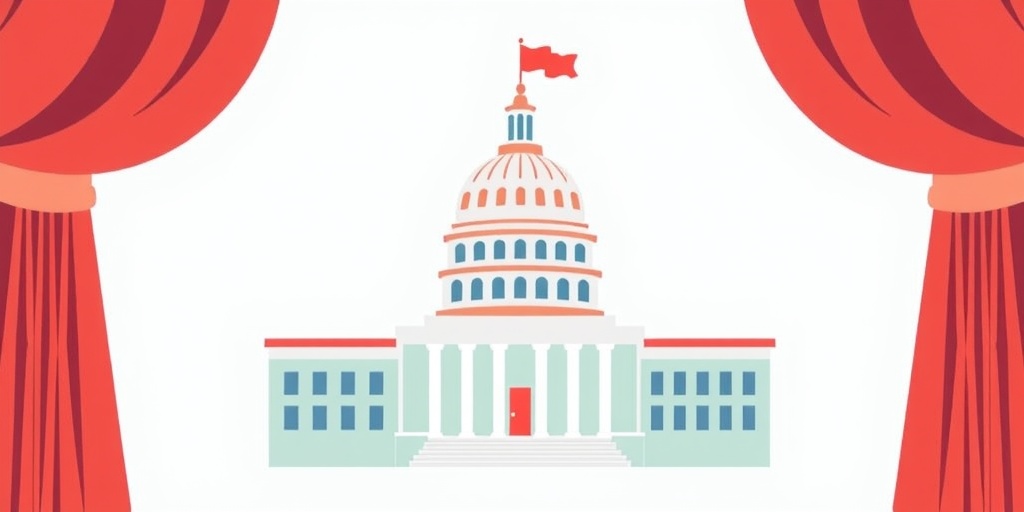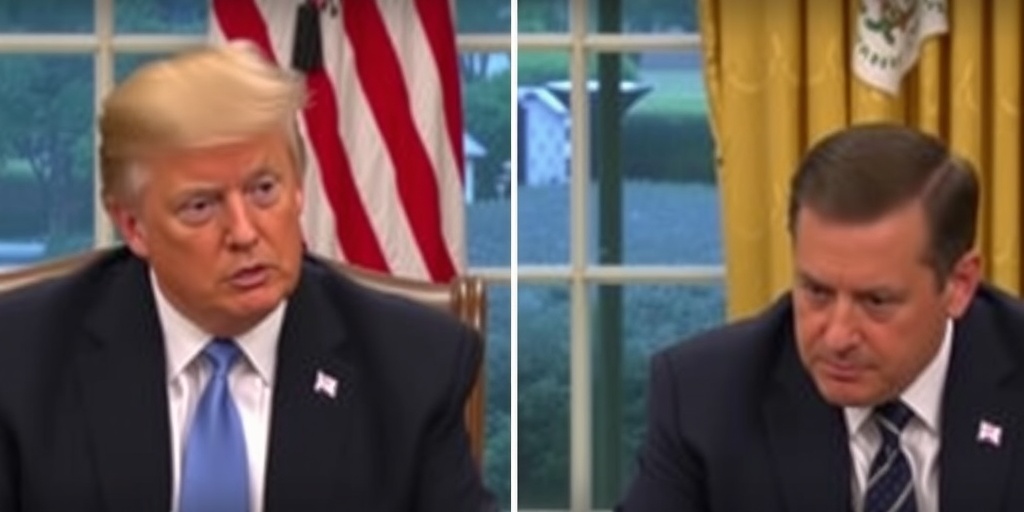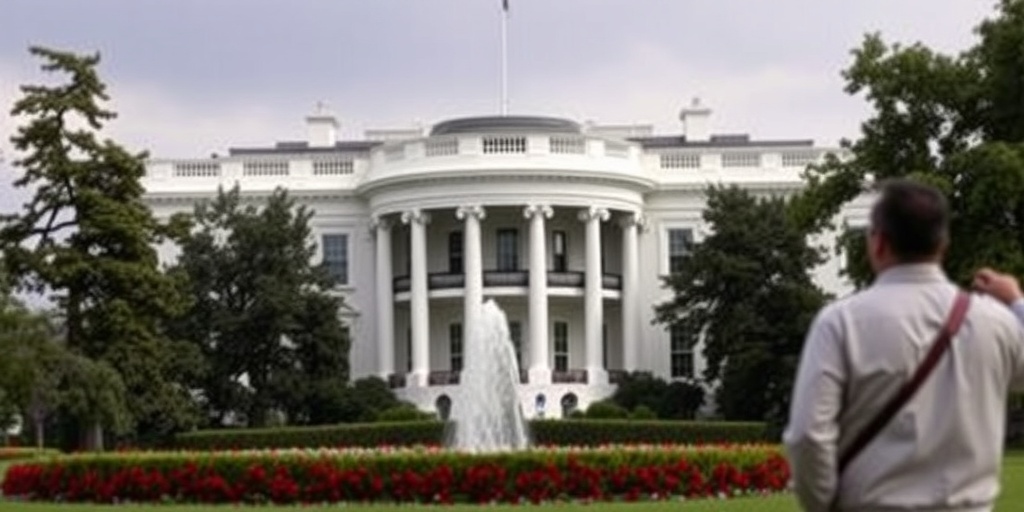Now Reading: House Votes to Mandate Citizenship Proof for Federal Elections
-
01
House Votes to Mandate Citizenship Proof for Federal Elections
House Votes to Mandate Citizenship Proof for Federal Elections

The House of Representatives, on Thursday, approved a controversial piece of legislation aimed at requiring individuals to demonstrate their U.S. citizenship when registering to vote. This move is part of a broader Republican initiative to tighten voting laws, a response to former President Donald Trump’s unfounded assertions regarding widespread election fraud during the 2020 election cycle.
The newly passed bill, known as the Safeguard American Voter Eligibility (SAVE) Act, was approved narrowly with a vote of 220 to 208. It proposes that states must obtain proof of citizenship—such as a passport or birth certificate—from individuals seeking to register for voting. Additionally, states would be obligated to remove noncitizens from their voter registration lists.
Though voting by noncitizens is exceedingly rare and already illegal in federal elections, Trump and his Republican supporters have frequently alleged that noncitizens were attempting to access the polls. Throughout his 2024 campaign, Trump consistently raised alarm about alleged actions taken by Democrats to undermine election integrity, particularly in connection with immigration issues.
The legislation coincides with a recent executive order signed by Trump, which seeks to modify U.S. voting regulations in order to remedy grievances stemming from his belief that the 2020 election was stolen. This new legislative push reflects a deeper entrenchment of the Republican Party in narratives around voter fraud that, according to election experts, do not hold up under scrutiny.
Among those who supported the bill were four centrist Democrats who joined their Republican counterparts in a rare bipartisan display. However, the SAVE Act faces significant obstacles in the Senate, where it will require the support of at least seven Democrats to advance to a vote.
Proponents of the bill argue that stricter laws are essential to combat what they perceive as voter fraud. Conversely, critics assert that such fraud is extremely rare. For instance, a study conducted by the Brennan Center for Justice at New York University examined over 23.5 million votes cast in the 2016 presidential election and reported only 30 suspected incidents of potential noncitizen voting.
Democrats opposing the legislation framed it as an unnecessary measure to address a non-issue. They warned of the substantial unintended consequences it could create, particularly for various groups including women, who frequently alter their names upon marriage. Representative Joseph D. Morelle of New York argued that the bill would introduce excessive bureaucracy, complicating voter registration and potentially disenfranchising eligible voters.
The bipartisan debate highlighted concerns stemming specifically from married women whose birth certificates may not match their current legal names. Democrats emphasized that these individuals might struggle to meet the documentation requirements of the proposed legislation. Former Secretary of State Hillary Rodham Clinton also took to social media, noting that women who have changed their names could find the voting process increasingly complicated. She encouraged women to voice their opposition by contacting their congressional representatives.
In response to Republican supporters of the bill, Morelle pointed out the potential number of women in various districts who might be negatively impacted by the legislation. He also highlighted how many residents lack passports, which could further hinder their ability to register to vote.
Republicans have downplayed the concerns raised by their opponents, labeling them as fearmongering. They contend that states can establish processes to accommodate individuals whose names differ from those listed on their birth certificates.
This legislative effort marks the second time in two years that the SAVE Act has passed in the House. Although it was approved last year as well, it ultimately died in the Senate, which was then controlled by Democrats. The current context surrounding voting rights and election integrity is significant as it underscores the increasing polarization surrounding these issues in U.S. politics.
As discussions continue over the implications of this legislation, the battle over voting rights in the U.S. persists, with advocates on both sides eagerly monitoring developments in the Senate. The outcome of this bill could set a precedent for future voting regulations and significantly impact access to the ballot for millions of Americans.
Stay Informed With the Latest & Most Important News
Previous Post
Next Post
-
 01New technology breakthrough has everyone talking right now
01New technology breakthrough has everyone talking right now -
 02Unbelievable life hack everyone needs to try today
02Unbelievable life hack everyone needs to try today -
 03Fascinating discovery found buried deep beneath the ocean
03Fascinating discovery found buried deep beneath the ocean -
 04Man invents genius device that solves everyday problems
04Man invents genius device that solves everyday problems -
 05Shocking discovery that changes what we know forever
05Shocking discovery that changes what we know forever -
 06Internet goes wild over celebrity’s unexpected fashion choice
06Internet goes wild over celebrity’s unexpected fashion choice -
 07Rare animal sighting stuns scientists and wildlife lovers
07Rare animal sighting stuns scientists and wildlife lovers





















